DALLAS — With Decree 599/2024, the Argentine government has formally begun a series of changes aimed at deregulating the country's aviation sector.
These revisions, which were published in Argentina's Official Gazette, promise to influence the commercial aviation sector and its regulatory framework by freeing up the Argentine market.

The Decree in Summary
As per the previous Decree No. 70/23 the Argentine Government understood that "...a comprehensive reorganization of the air commercial legislation is imperative to provide the market with a competitive environment that grants sufficient flexibility to reach all Argentine cities."
The following are the key changes in said reorganization found in Decree 599/2024:
- Unrestricted market access: The new rules encourage fair competition, deregulation of rates, and flexibility in frequency distribution and fixing while granting new exploiters unrestricted access to any airport. This modification seeks to promote a market that is more dynamic and competitive.
- Airport services and ground handling: The decree removes prior restrictions and permits businesses to provide ramp and airport services. This resolves a long-standing need by low-cost carriers, who are now compelled to self-service or rely on Intercargo, the state-owned handling operator, which is anticipated to be privatized, by giving operators the option to set up their ground services or assign them to other parties.
- A simpler authorization process for smaller aircraft: For non-regular transport utilizing aircraft with up to 19 seats, a simpler process has been devised. This modification encourages the development of a feeder network to supplement larger aircraft's trunk routes, improving connectivity throughout the nation.
- Termination of public hearings: Public hearings for route applications will no longer be held by the National Civil Aviation Administration. Route requests can now be made directly by operators, and the government will respond to them within 30 days. If within this time there are no objections, the application is automatically approved.
- Declaration requirements for airport services: In order to receive an Airport Services Operator Certificate, businesses must submit a sworn declaration outlining their capabilities, business plan, locations, and staff. This certificate's processing time has been greatly shortened.

- Work air services and CETA: The decree creates the need for an Air Work Operator Certificate (CETA) but does not apply to cost-shared private general aviation trips.
- Foreign enterprises: In accordance with current bilateral agreements, domestic flying authorizations under the 8th and 9th Freedoms of the Air will be provided to foreign enterprises subject to rigorous reciprocity. At the moment, the only countries authorized to conduct independent or continuous cabotage in Argentina are Uruguay and Chile.
- Codeshare, interline, and joint ventures: The decree requires joint venture, codeshare, and interline agreements to be submitted for approval in advance. Unless there are objections, these agreements will be automatically accepted within 15 working days.
- Temporary and permanent capacity assignment standards: In accordance with the IATA's Worldwide Airport Slot Guidelines and the principles of ACI, the decree asks for the development of both temporary and permanent standards for capacity and frequency assignment.
- Tariff deregulation: Although the last time the bands were reinstated was in December 2021, the decree does away with tariff bands and repeals earlier rules that were re-instituted by previous administrations.

The Path Toward Deregulation
The Argentine Government's action is reminiscent of 1978, when the US Congress issued legislation granting airlines the authority to determine their own schedules and prices. This legislation revolutionized the commercial airline sector and the traveler experience.
With unanimous approval from both parties, the Airline Deregulation Act eliminated the Civil Aeronautics Board and promptly removed limitations on airfares and route accessibility. Now, airlines could set their own prices and travel to any destination. Reputable airlines scrambled to get or maintain access to the most profitable routes. New airlines sprung up fast.
As a result of fierce rivalry, fares decreased and airports saw record amounts of travelers. Deregulation encouraged the growth of numerous smaller airlines as well as the founding of numerous new ones. Many regions follows suit, including Canada, South East Asia and the EU, among others.
The question is now whether dismantling the industry structure would lead to the emergence of new Argentinian airlines, heightened competition, and reduced fares.
Article source: aviaciononline.com

.jpg)
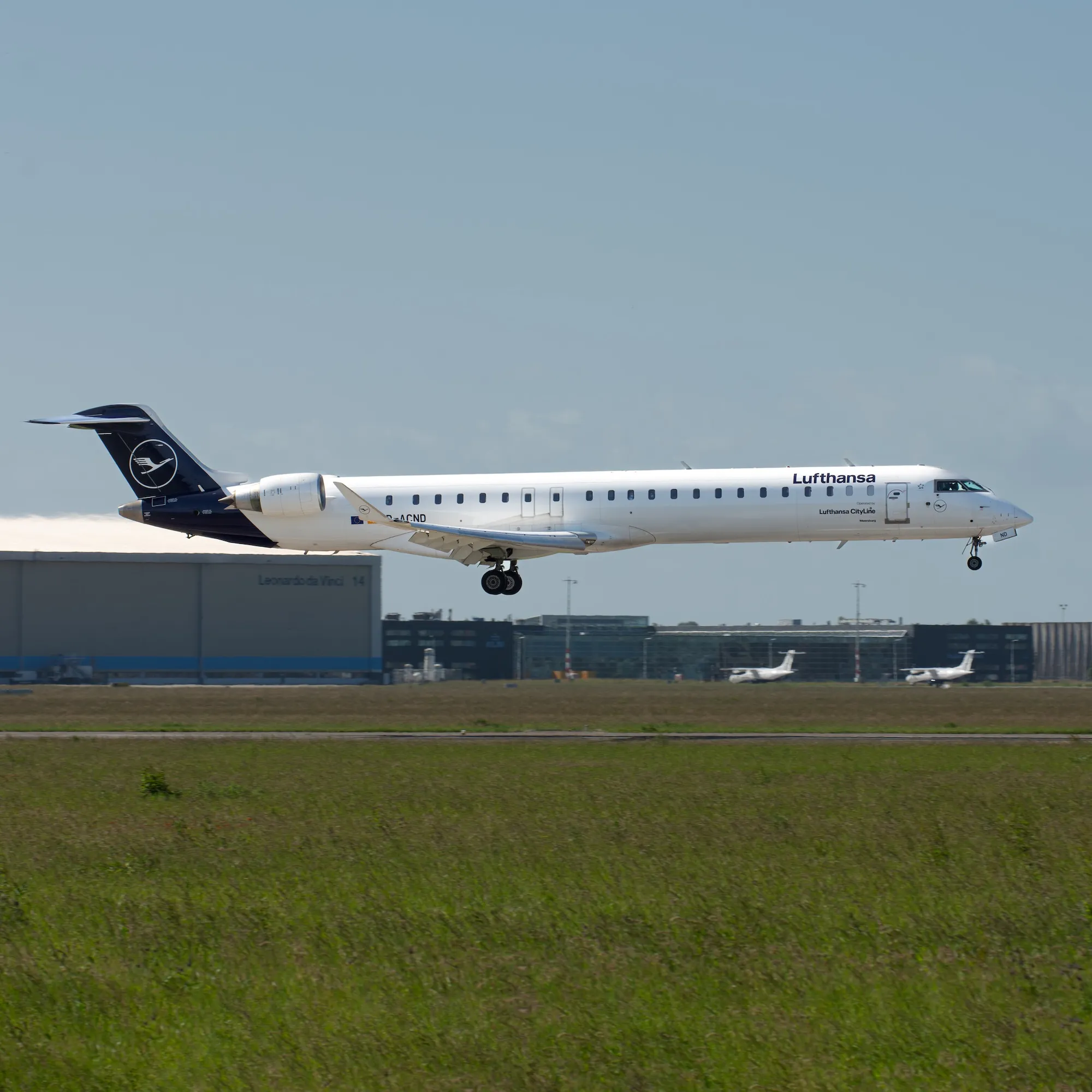
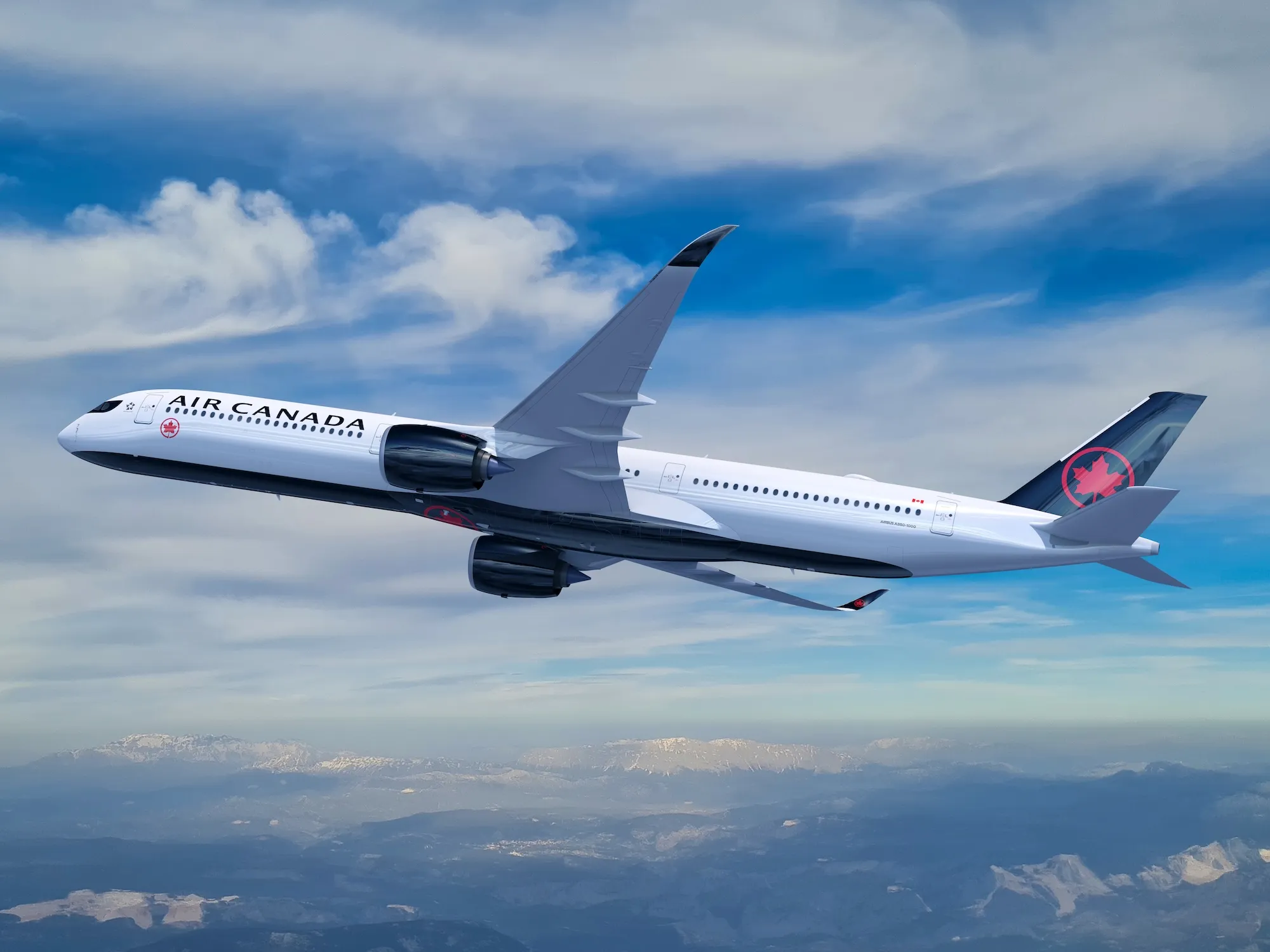
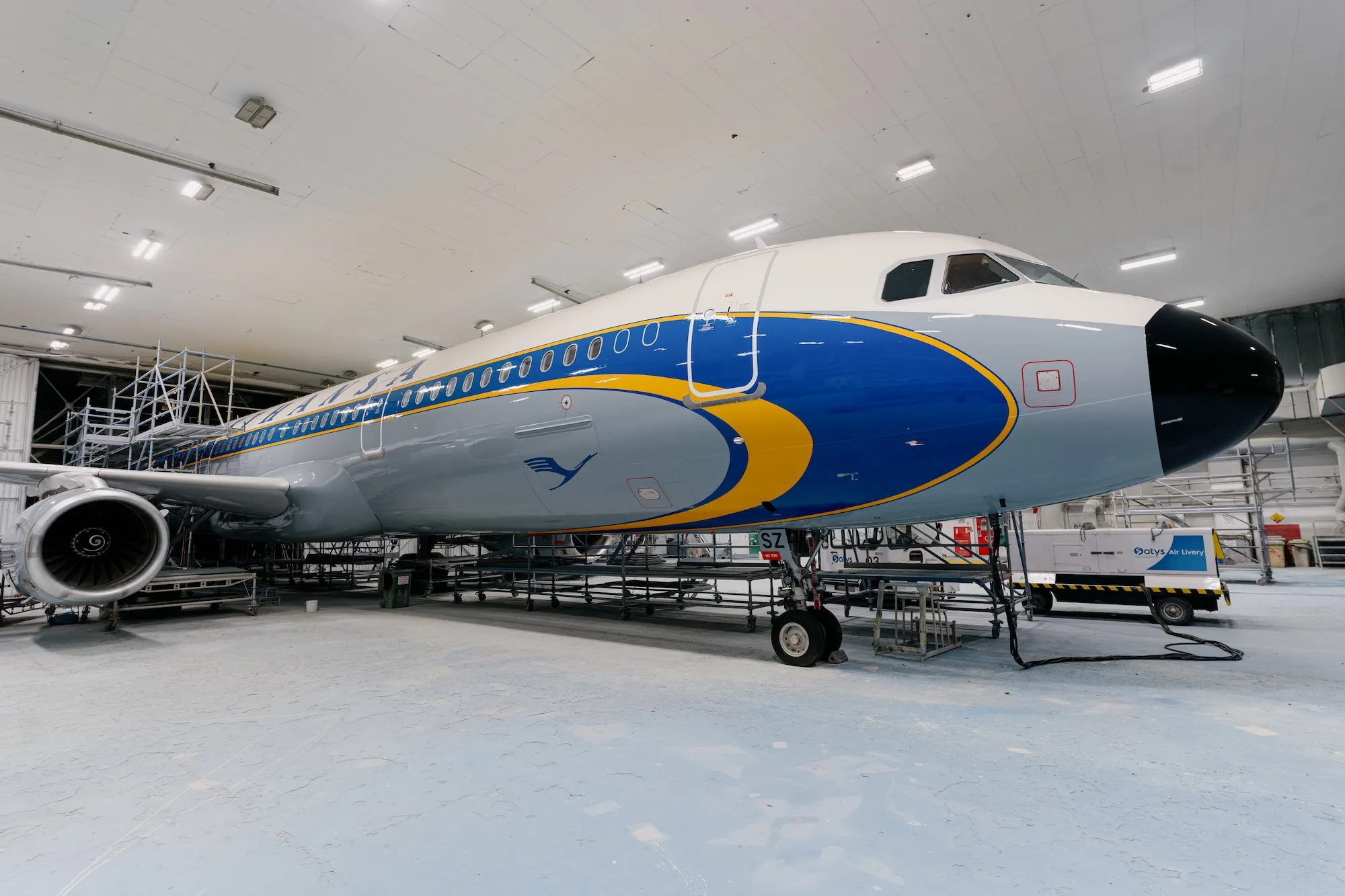
.webp)
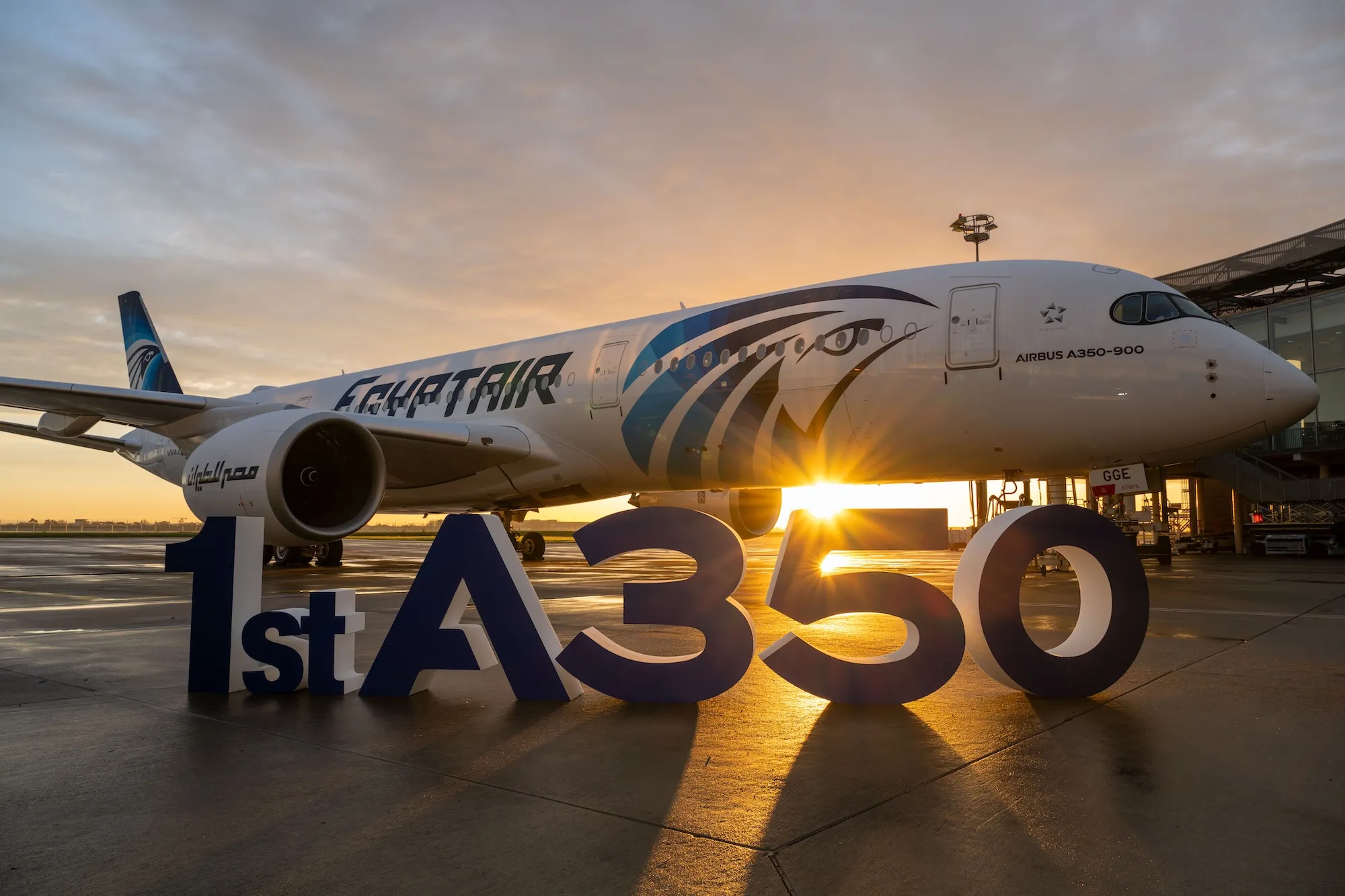
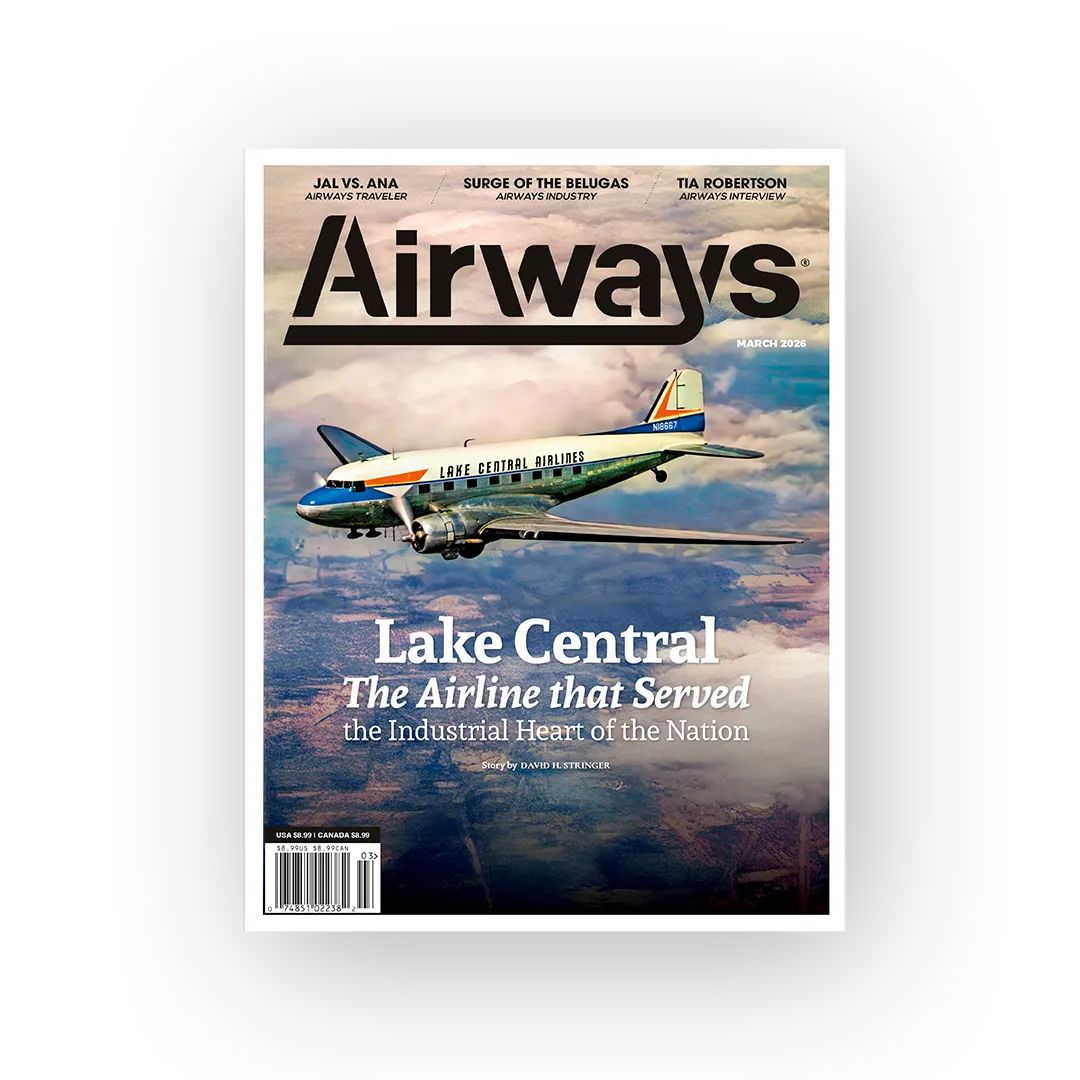

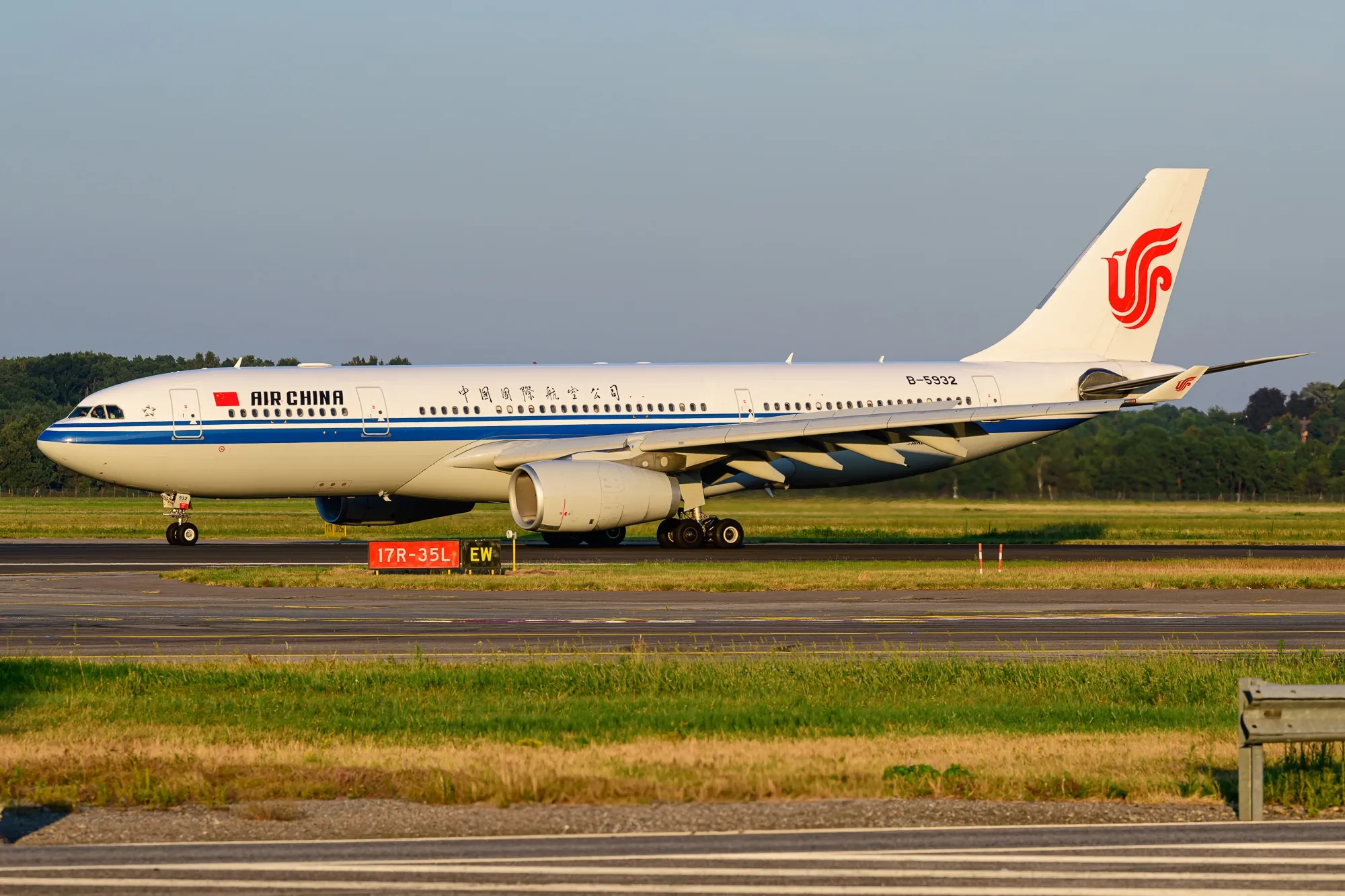
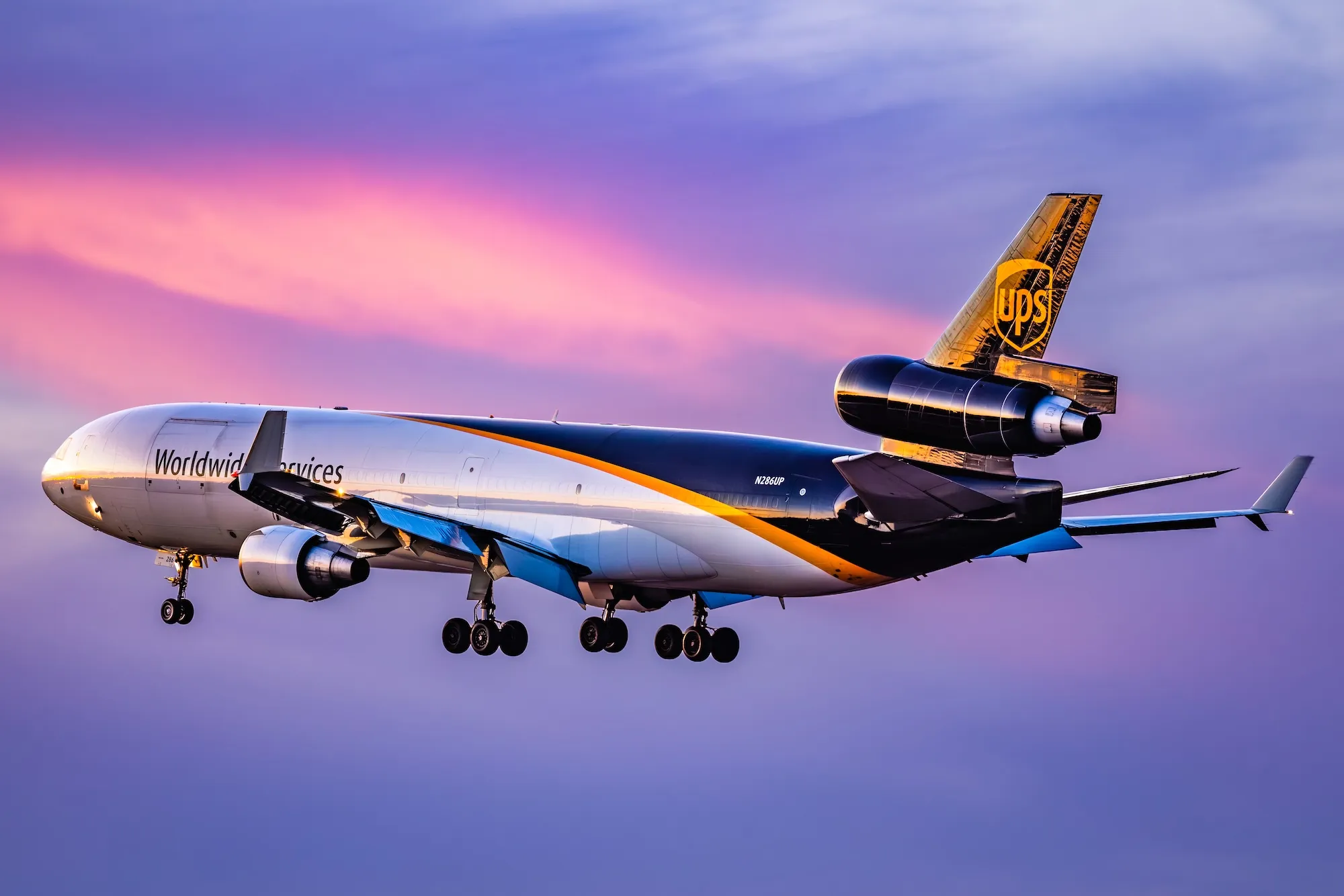
.webp)